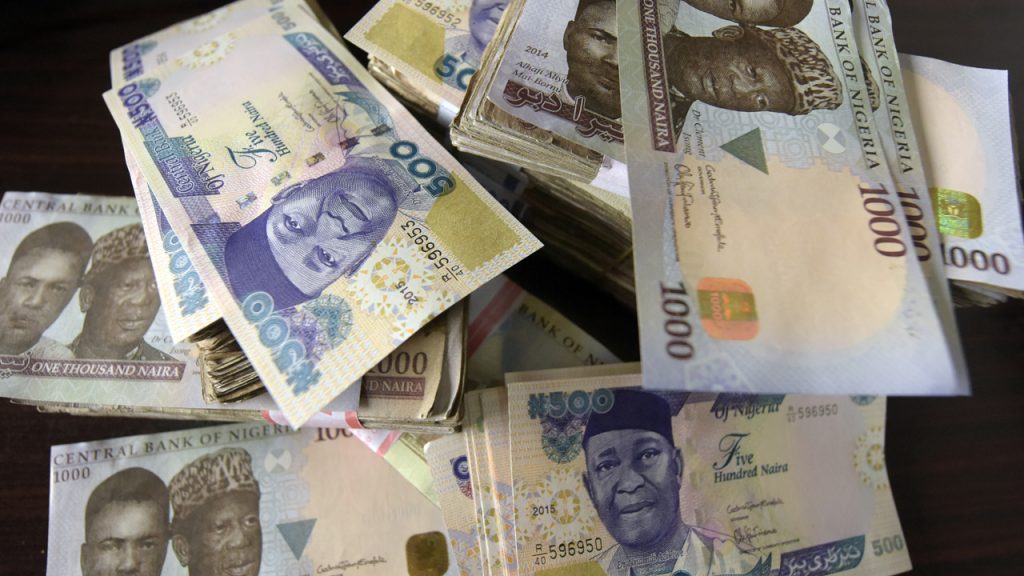Nigeria's economy is showing signs of recovery as a significant improvement in exports has more than doubled the country's international trade, resulting in a trade surplus of N6.5 trillion. According to the latest economic report from the National Bureau of Statistics (NBS), Nigeria's foreign trades surged by 145.6% to N31.8 trillion in the first quarter of 2024, compared to N12.6 trillion in the same period last year.
The first quarter of 2024 also saw a 46.3% increase in foreign trade compared to the fourth quarter of 2023. The NBS report titled "Foreign Trade in Goods Statistics (Q1 2024)" highlighted significant improvements across the economy, with increases in both oil and non-oil exports.
The total import value stood at N12 trillion, while exported goods were valued at N19.1 trillion, resulting in a positive trade balance of N6.5 trillion. Crude oil exports dominated, accounting for N15.4 trillion, or 80.80% of total exports. Non-crude oil exports were valued at N3.68 trillion, making up 19.20% of total exports, with non-oil products contributing N1.78 trillion.
Exports accounted for 60.25% of total trade in the first quarter of 2024, valued at N19.17 trillion, which is a 51% increase from N12.69 trillion in the fourth quarter of 2023 and a 195.47% increase from N6.49 trillion in the first quarter of 2023. Nigeria spent N2.6 trillion on importing Premium Motor Spirit (PMS), or petrol, which accounted for 20.84% of total imports in the first quarter of 2024.
As President Bola Tinubu's administration marked its first year in office last month, experts praised the government's efforts in laying the groundwork for economic recovery. Despite the challenges posed by various reforms, experts emphasized the necessity of these macroeconomic changes for long-term sustainable growth, urging patience and support for the government's initiatives.
However, some experts expressed concern that the government appeared to be losing its initial momentum and called for renewed focus on key sectors of the economy. Dr. Muda Yusuf, Managing Director of the Centre for the Promotion of Private Enterprise (CPPE), highlighted significant legacy issues that posed serious challenges to the current administration, including a tight fiscal space and an incredibly dysfunctional foreign exchange market. Yusuf also pointed out that the oil subsidy regime had created opportunities for corruption, which was unsustainable and detrimental to investor confidence.
Other experts, including Olatunde Amolegbe, Garba Kurfi, Femi Ademola, and David Adonri, echoed these sentiments, stressing the importance of continuing the reforms for Nigeria's long-term economic stability and growth.




